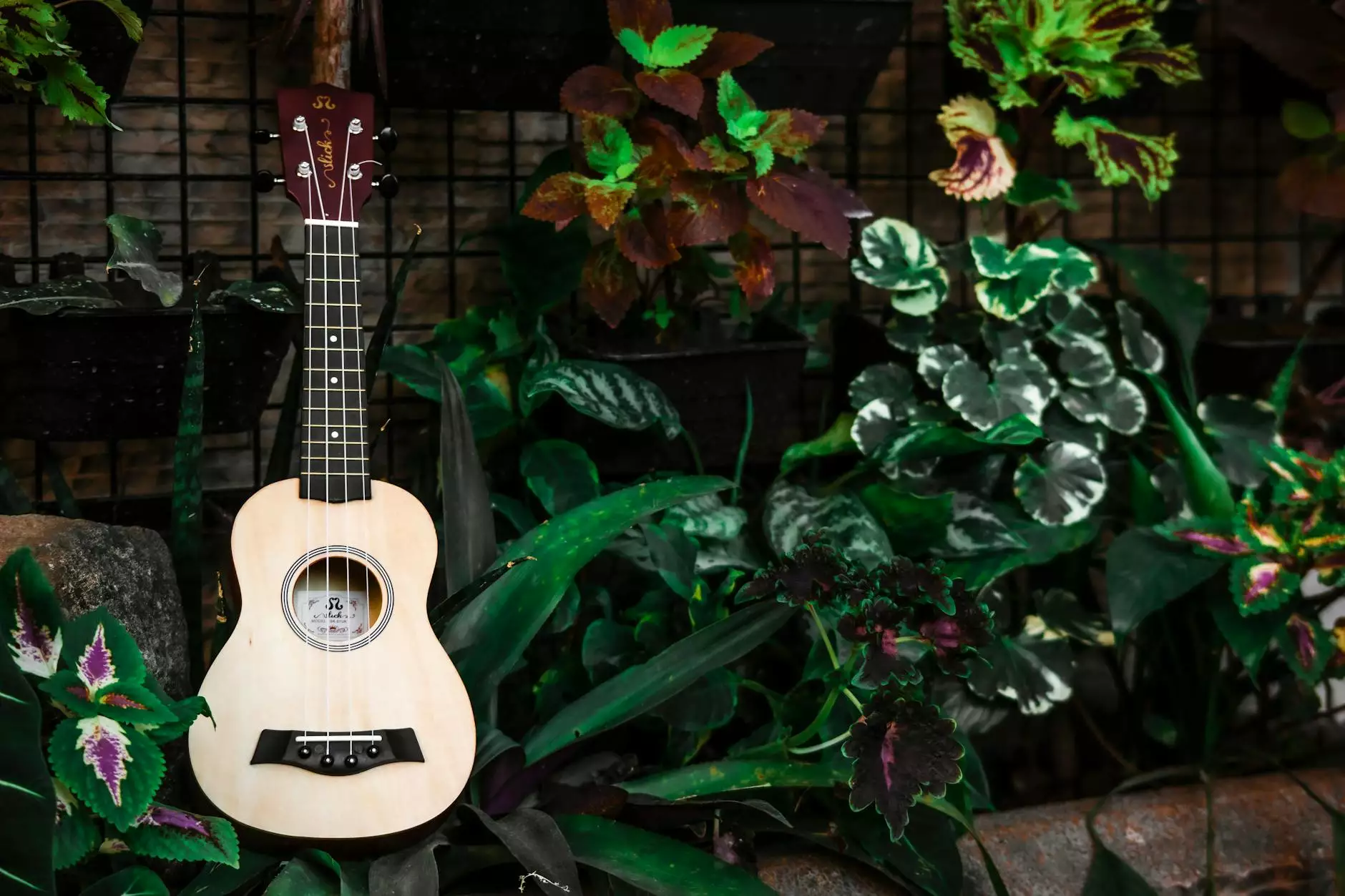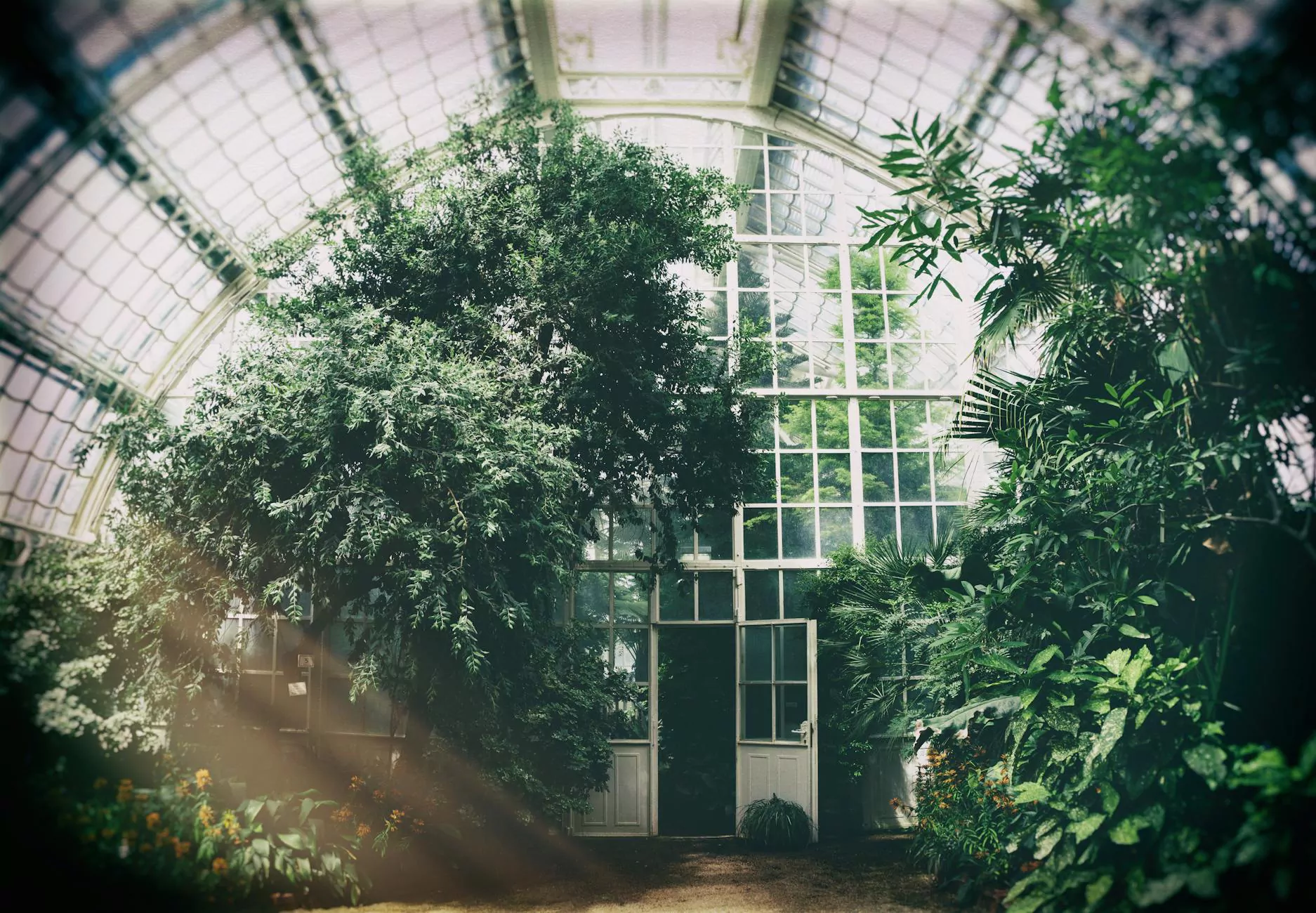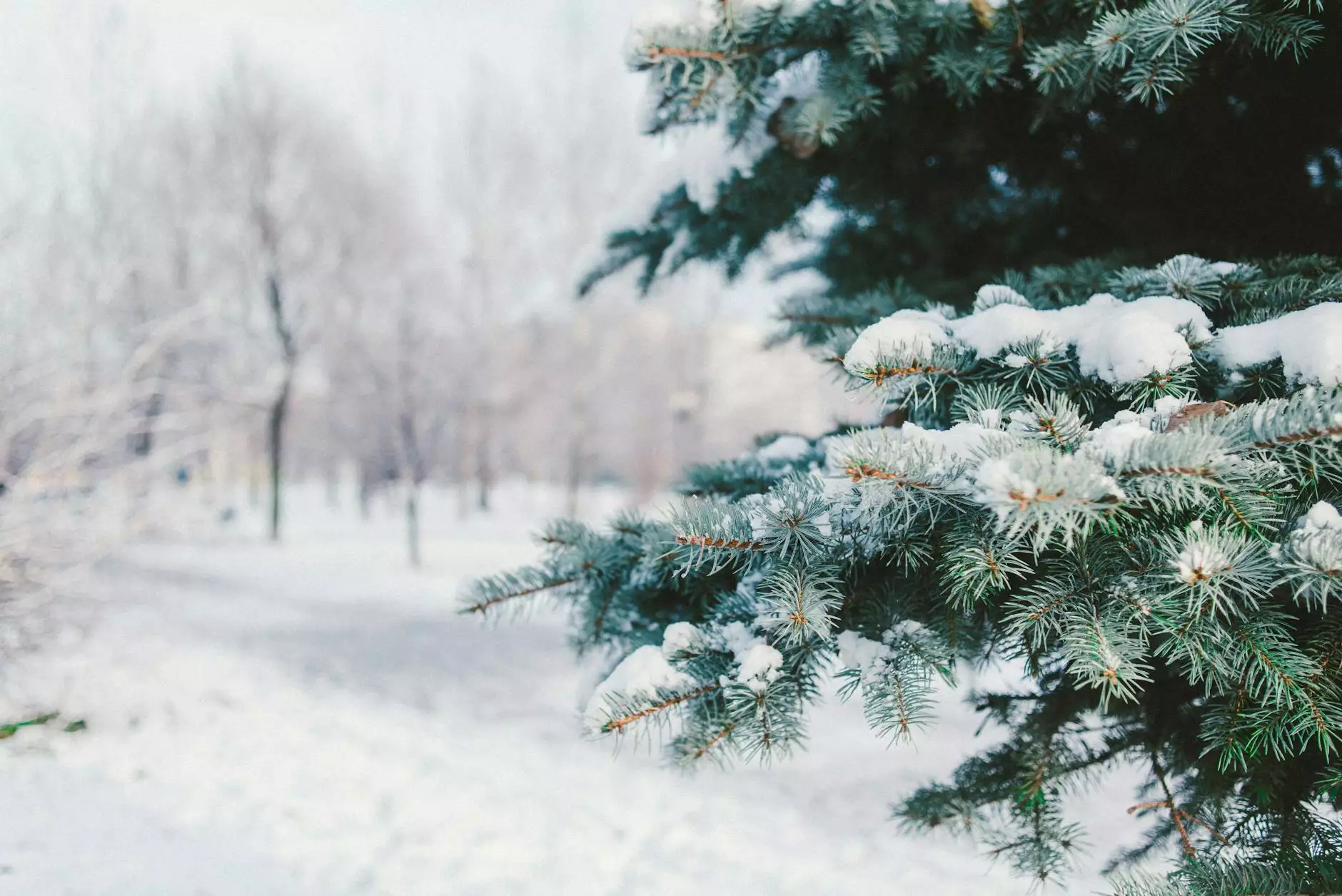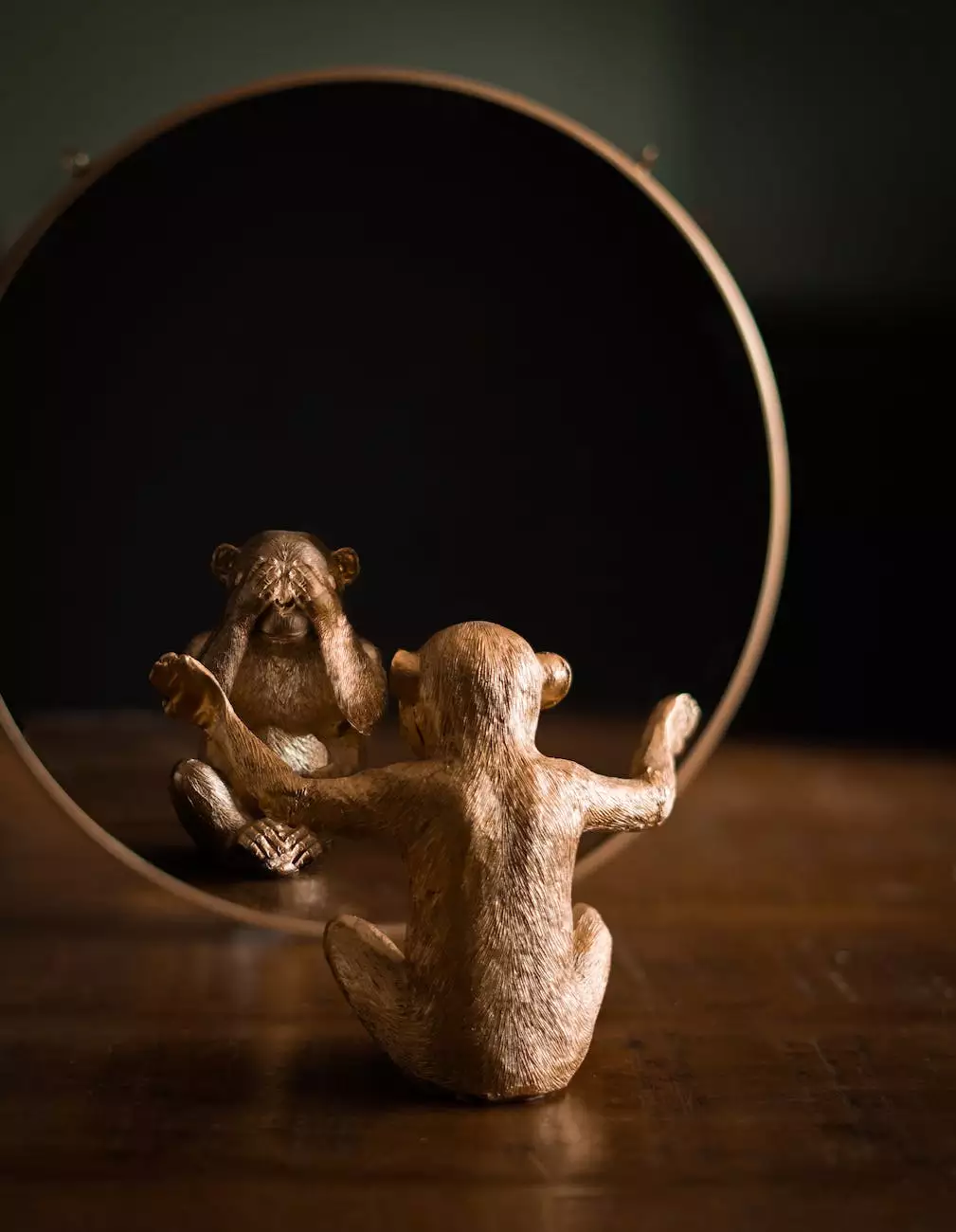ETYMOLOGY IN THE GARDEN
Custom Outdoor Patio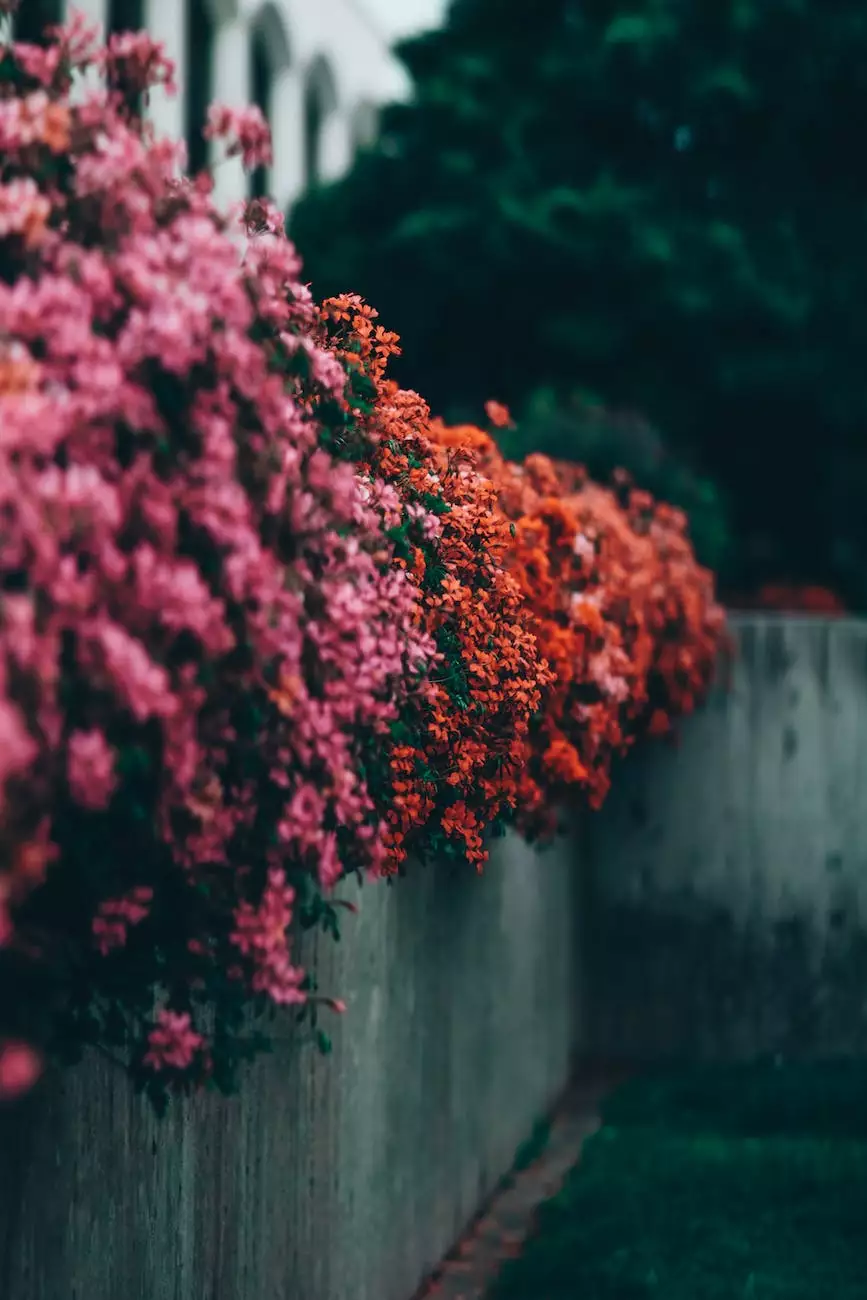
The Fascinating World of Etymology
Welcome to American Pond & Gardens, your ultimate source of gardening inspiration and knowledge. In this article, we delve into the intriguing realm of etymology in the garden. Have you ever wondered about the origins and meanings behind the names of your beloved plants and flowers? Join us as we explore the rich history and linguistic roots of the botanical world.
Unveiling the Meanings
Every plant and flower has a unique story to tell, hidden within its name. By understanding the etymology, or word origin, of garden-related terms, we can deepen our appreciation for nature's wonders. Let's embark on a journey to uncover the hidden meanings behind some of the most common botanical terms.
The Language of Flowers
In the language of flowers, every blossom carries a symbolic message. For instance, the majestic Rose is often associated with love and romance, while the delicate Lily signifies purity and innocence. These symbolic associations have their roots in ancient cultures and folklore, adding another layer of fascination to our gardening endeavors.
Exploring Plant Names
Have you ever wondered why the Daisy is called so? The name "Daisy" is derived from the Old English word "dægeseage," meaning "day's eye," as its flowerhead closes at night and opens again with the morning sun. Similarly, the Lavender plant derives its name from the Latin word "lavare," which means "to wash," and refers to its historical use in bathing rituals.
Gardening Through History
As we previously mentioned, understanding etymology allows us to delve deeper into the history of gardening. From ancient civilizations to modern times, gardening has been an essential part of human existence. By learning about the names and origins of plants, we can trace the cultural and historical significance attached to various species.
Gardening in Ancient Civilizations
The gardens of ancient civilizations such as the Babylonians and the Romans offer a wealth of knowledge on the early origins of horticulture. The very word "garden" derives from the Old English word "geard," which meant "enclosure," reflecting the ancient concept of cultivated spaces.
Plant Discoveries around the World
As explorers embarked on voyages of discovery, they brought back exotic plant specimens from all corners of the globe. The Magnolia, for example, is named after the French botanist Pierre Magnol, while the vibrant Azaleas draw their name from the Greek word "azaleos," meaning "dry." These historical connections give us insights into the global exchange of plants and the evolving field of botany.
Enhancing Your Gardening Knowledge
At American Pond & Gardens, we believe that knowledge enhances the joy of gardening. By offering insight into etymology, we provide you with a deeper understanding of the botanical world and its rich tapestry of languages and cultures.
Keyword-Rich Tips for Your Garden
- Choosing the Right Plants: Understanding the historical and cultural background of plants can help you select species that are well-suited to your garden's specific conditions.
- Garden Design: Incorporate the symbolism associated with different flowers to create stunning visual displays and meaningful thematic gardens.
- Garden Conversations: Impress your friends and fellow garden enthusiasts with your vast knowledge of plant names and their fascinating histories.
- Discovering New Species: By tracing the etymology of plant names, you'll be better equipped to identify and explore new plant varieties.
Start Exploring Today
With our comprehensive guide to etymology in the garden, you're now equipped to embark on a fascinating journey through the linguistic wonders of the botanical realm. Expand your gardening knowledge, connect with nature on a deeper level, and let your garden thrive with American Pond & Gardens.


